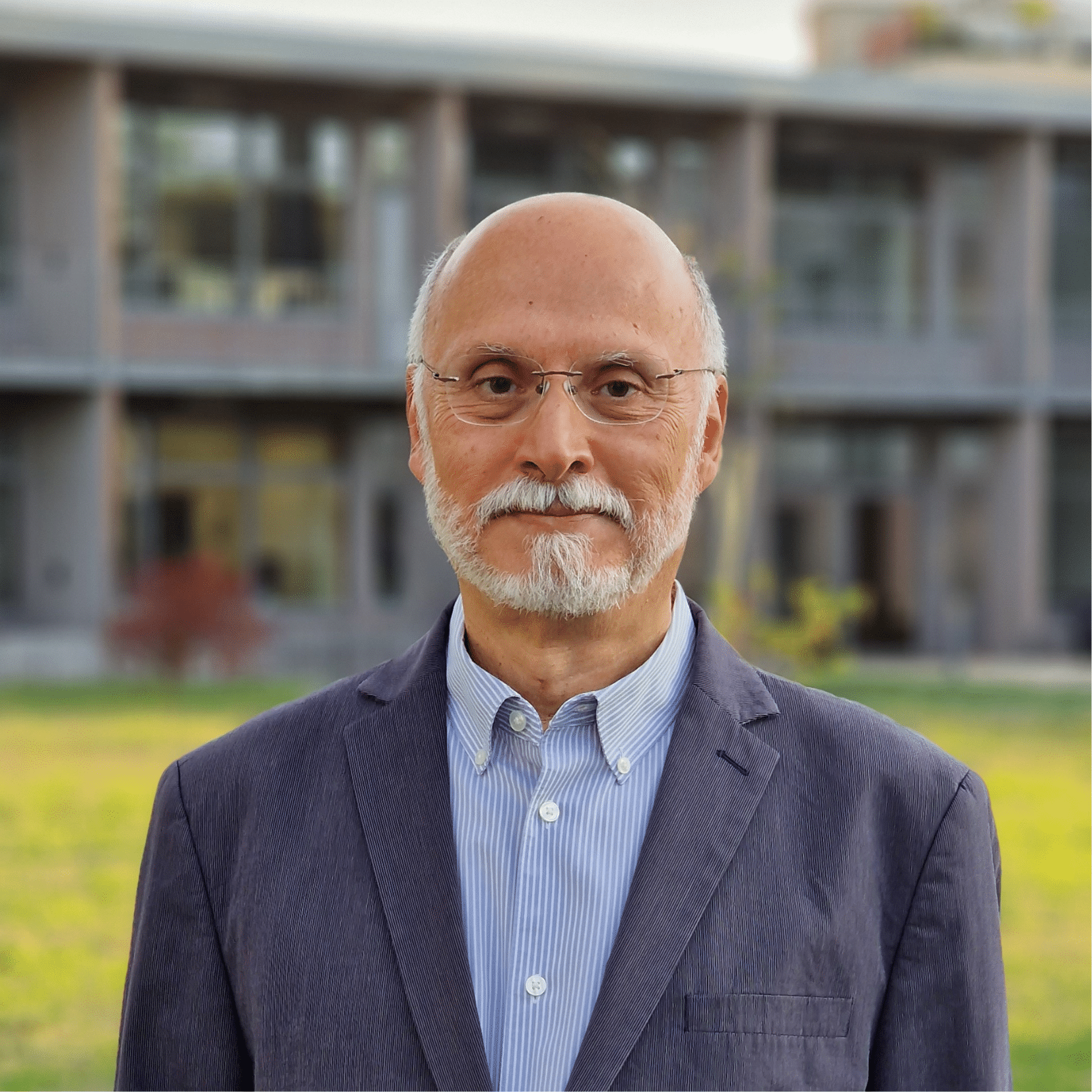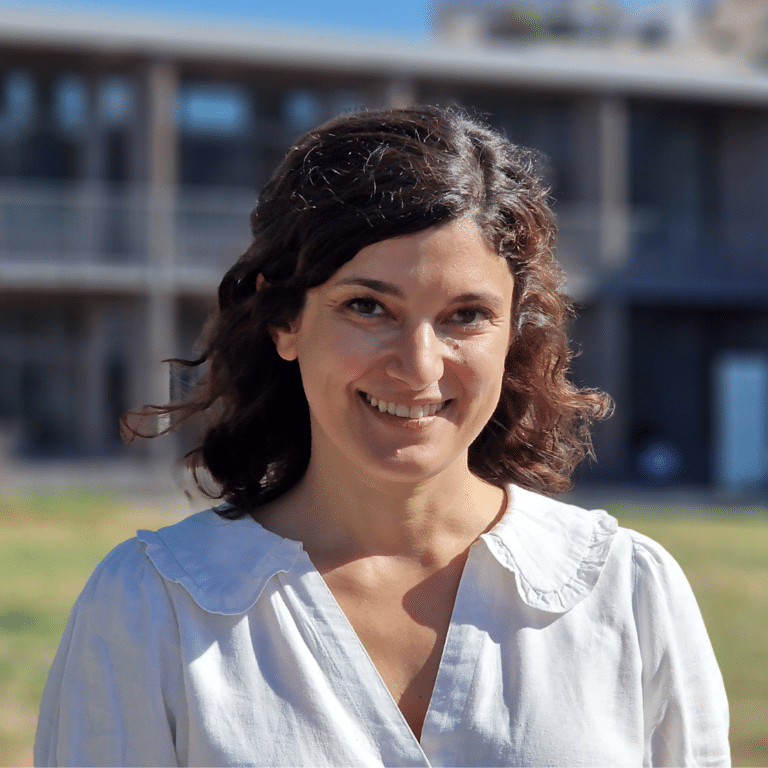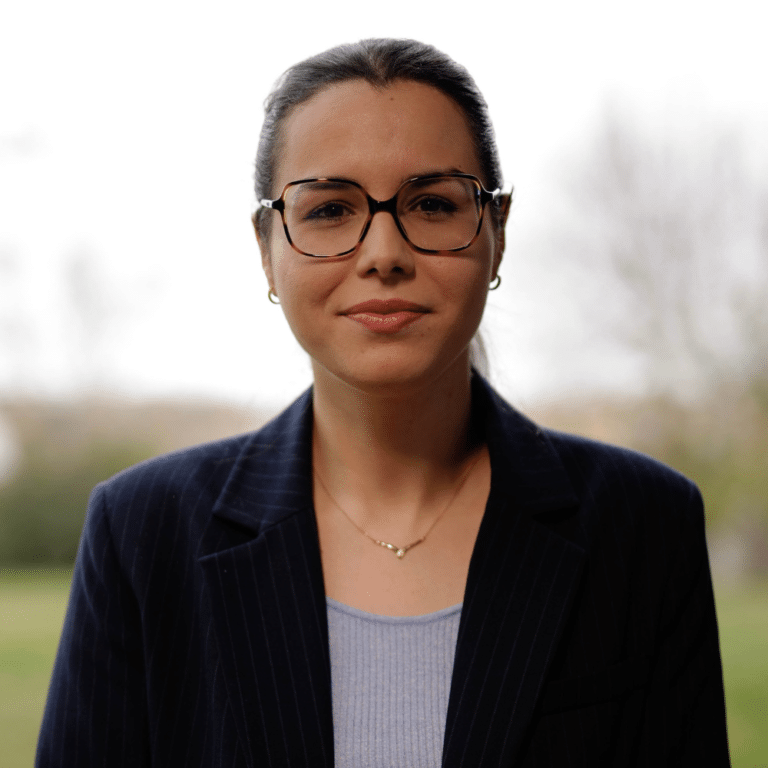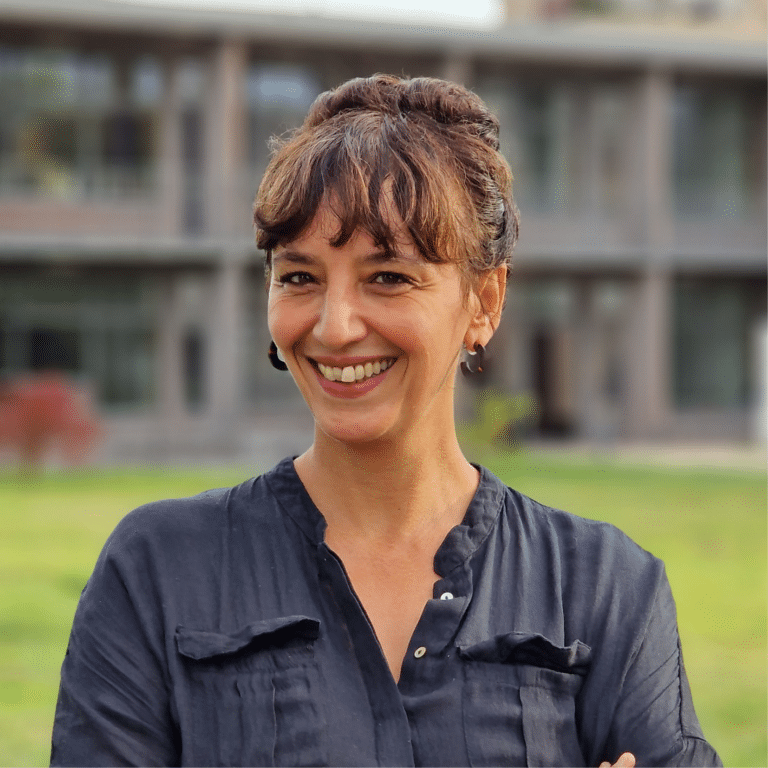
Credit: Timothée Andonian / Iméra
Gilbert Achcar
Research project
Science and religion: modernity of Ibn Khaldoun
Summary of the research project
Gilbert Achcar’s research project at the Institute for Advanced Study of Aix-Marseille University (Iméra) aims to show how the scientificity of Ibn Khaldoun in social and historical reflection has been constituted by a de facto separation between order of the divine and real history. This is the main reason for its modernity, which precedes that of Machiavelli by nearly a century.
1. Search for veracity, and notion of “science” applied to history:
Abdel-Aziz al-Douri (bahth fi nasha’at ilm al-tarikh indal-arab) points out that from the beginning the story is considered as ilm (as opposed to ra’y) – the criterion of truthfulness applying in the criticism of stories.
2. The extreme step taken by Thucydides in the requirement of truthfulness:
Critique of Herodotus for the breadth of his historiographical ambition. The only certain knowledge is direct knowledge: Peloponnesian War. Direct echo from Ibn Khaldoun, with criticism of Masudi (his preferred target).
3. Relativity versus ethnocentrism
Ibn Khaldoun remained aware of the fact that his original historiographical contribution concerns the Maghreb.
Criticism of the blatant misinterpretation consisting of attributing to it a project of “universal history” (which has become the same title of the translation of the Muqaddima by Vincent Monteil).
Comparison between the Muqaddima and Mourouj al-dhahab of Mas’udi. Ibn Khaldoun’s approach is quite different: the Arabs and then the Berbers are placed at the center of the subject not by ethnocentrism, but – on the contrary – by scientific modesty and a sense of relativity.
4. The relationship to religion (1)
Relativity extends to the question of religion, and this is a nodal point of the Khaldounian enterprise, as Labica has clearly seen.
It extends in two ways: first, the principle of causality in history, the problem of divine intervention.
“Causality in human activities is present within the framework of the will of God” in the early Arab historians (Douri) because the intellectual influence of the mutakillimim and the motazila survived their political influence for some time. However this is only the influence of individual free will on the course of events. Ibn Khaldoun goes much further, as Gibb himself acknowledged:
“Ibn Khaldoun insists much more than most Muslim writers on the inevitable action of cause and effect as ‘natural law’.»
5. The relationship to religion (2)
Ibn Khaldoun goes even further, by relativizing religion in general and consequently Islam itself, and this by contesting the rational necessity of the religion of the “prophets” (that is to say of the monotheism) as evidenced by the fact that great civilizations have done without it (Yves Lacoste, like others, did not fail to point this out).
This extraordinary proposal for its time is placed at the beginning of the Muqaddima, in the first introduction of the 1st part. It is indicative of the overall character of the Khaldounian approach.
6. Socio-historical conditions that allowed the gestation of Ibn Khaldoun’s thought
One thinks with Ibn Khaldoun of Hegel’s famous pessimistic commentary on Minerva’s owl. But the other great thinker of the realist epistemological break, Machiavelli, was the herald of the European renaissance.
Their real common point is the combination of conditions that allowed each of them to free themselves from the religious interpretation of human society. For Machiavelli, it was the spectacle of the moral depravity of the papacy, discrediting its religious claim. For Ibn Khaldoun, the spectacle of Islamic forces recoiling before the battering of forces belonging to this Christianity that Islam was supposed to have transcended.
Biography
Gilbert Achcar holds a degree in Philosophy (ESL, Beirut), Social Sciences (UL, Beirut) and a doctorate in Social History/International Relations (Paris-VIII University). Before joining SOAS in 2007, he taught and/or did research in various universities and research centers in Beirut, Berlin and Paris. His numerous books, published in a total of 15 languages, include: The Clash of Barbarisms: The Making of the New World Disorder (2002, 2006); Perilous Power: The Middle East and U.S. Foreign Policy, co-authored with Noam Chomsky (2007, 2008); The Arabs and the Holocaust: The Arab-Israeli War of Narratives (2010); Marxism, Orientalism, Cosmopolitanism (2013); The People Want: A Radical Exploration of the Arab Uprising (2013); and Morbid Symptoms: Relapse in the Arab Uprising (2016).



